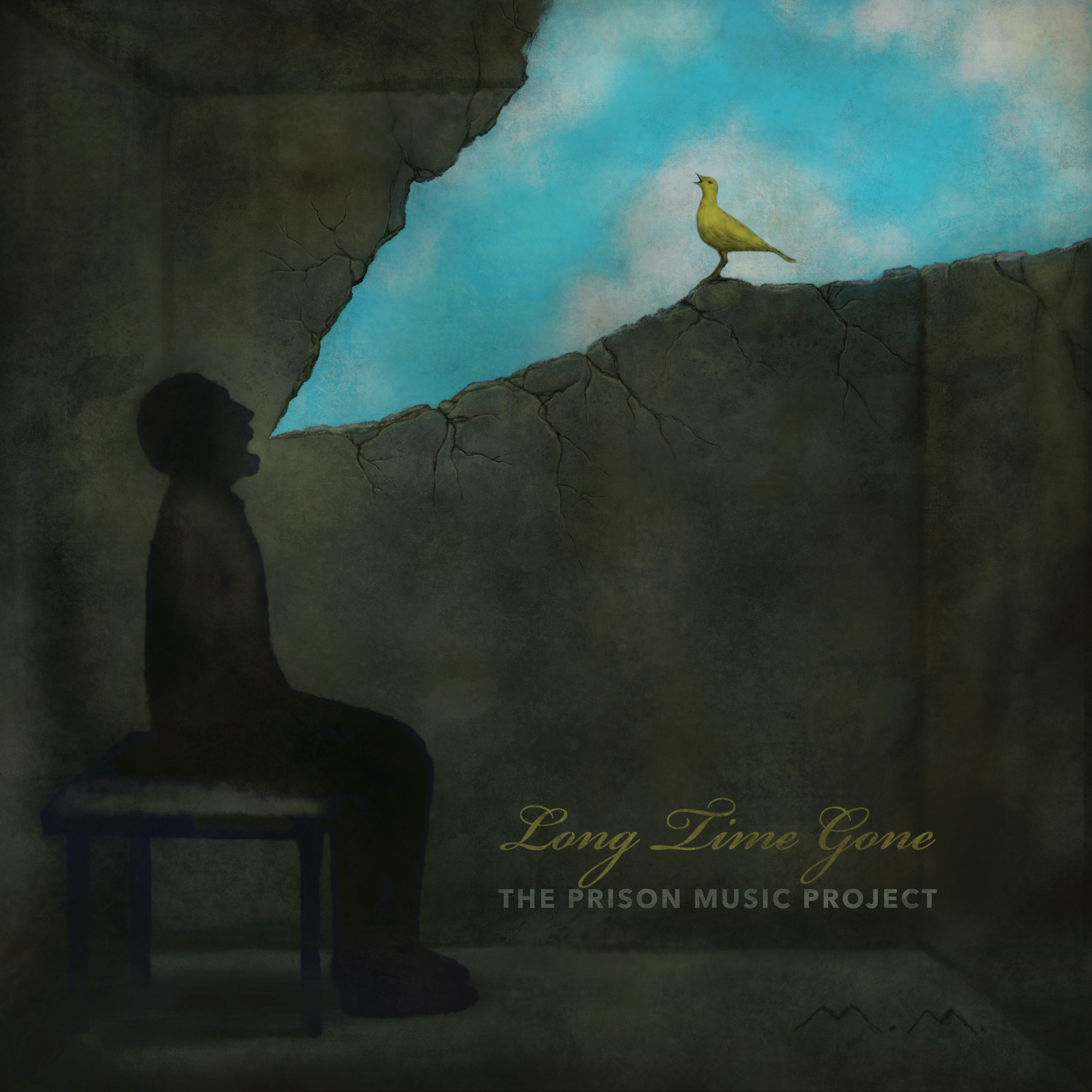Americans love to puff up and pound our chests about the U.S. being the greatest country in the world, never mind that our rankings on things like education, health care, and happiness don’t even crack the top 20. Something we are number one at? Mass incarceration. With just under 5% of the global population, the U.S. boasts nearly 25% of the global prison population. To learn more about how and why we we got here, check out Ava DuVernay’s fantastic documentary 13th, which is available to stream on Netflix and YouTube.
But got here we did, with damn near two million people behind bars, some serving life sentences for a single, non-violent infraction — all but losing their lives because we, as a society, have judged them on the worst moment of their worst day. Yet, they are people, still, with families and friends, inner worlds and outer dreams. Singer/songwriter Zoe Boekbinder began exploring those worlds and dreams with the inmates while volunteering at New Folsom Prison, eventually bringing their vision for an album to Ani DiFranco who helped shape Long Time Gone.
The collection goes for it, right out of the gate, with “Breakthrough.” The powerful missive written (with Boekbinder) and rapped by Abraham Banks frames the issue that has devastated communities of color around the country: “Picture a lifestyle with death at its finest — impoverished environments that’s criminal-minded, material requirements that keepin’ us blinded. Prison is a slave trade to keep us reminded. Crucial consignment, mental confinement, oppression and inequity that’s equally bonded. Recession of economy increasing the violence. Police committing genocide and keeping it silent.”
The scene Banks sets is much like the ones we’ve witnessed over the past few weeks as cops kettle protestors into an area with no way out. Each side of the police line points for the corralled masses to go the other way. But the other way is just as dangerous, and intentionally so. All that’s left is the brutal clampdown of violence which was their intention all along. Our so-called justice system was designed to be a self-fulfilling prophesy for the enslavement of BIPOC. And so it is.
Boekbinder and DiFranco lend their voices elsewhere in the set. On the sonically wide-armed “Monster,” they do so in conjunction with Raye Zaragoza, Leyla McCalla, and Free Feral as cello swells and programmed beats sweep and pound to make their points.
Folk audiences who might not immediately gravitate toward the hip-hop style of some of the album’s tracks will find familiar sounds in the heart-wrenching quietude of “Broken Vessel” voiced by Mirah, the soul-stirring blues of “Coffin Song” sung by Doc Gattis, the righteous folk of “Nowhere But Barstow and Prison” offered by DiFranco, and the brass-filled pomp of “Just Another Link in the Chain” sung by Boekbinder. Use those songs as entry points to the whole piece, though, so that you can hear all of the hopes and fears expressed within the boundaries of this project.
The moment of collective reckoning is upon us. Please listen and learn, then engage with your communities so that we may, together, begin to undo centuries of injustice and inequality inflicted upon BIPOC in order to maintain a system of white supremacy in America. As always, none of us are free until we are all free and, only then, will we have any cause to celebrate ourselves.
